Ormonde Jayne: perfume for the well travelled
Luxury British perfumer Linda Pilkington on the art of making evocative scents
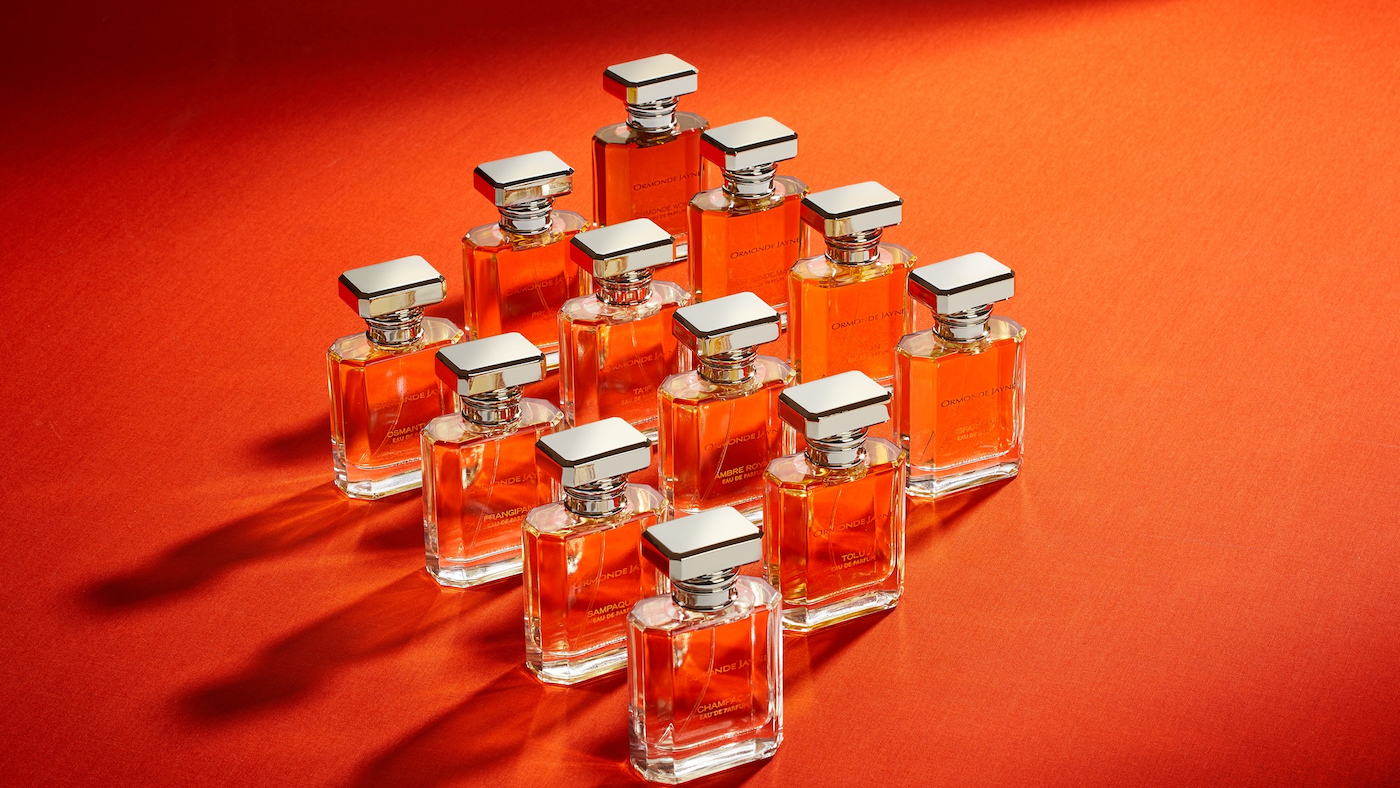
A free daily email with the biggest news stories of the day – and the best features from TheWeek.com
You are now subscribed
Your newsletter sign-up was successful
Ormonde Jayne’s bijou London store is situated in the Victorian Royal Arcade just off Old Bond Street. You can’t miss it, because the perfume house has sweeping orange curtains that appear to start somewhere near the clouds and an angular-shaped wooden island that looks like it was fashioned by a modernist artist. This central display is lit by an equally sculptural light which casts a warm glow over elegant scent bottles and candles, each formulated from rare and elusive ingredients from around the world, enveloping the wooden-clad interior in a rich and seductive smell that transports you to exotic idylls.
Ormonde Jayne was founded in 2000 by perfumer and expert nose, Linda Pilkington, who has so far created 50 luxury scents through a craft process that maintains the poetry of olfactory’s golden past by using rare oils and absolutes that are not only hard to find, but incredibly complex to make, mature and mix.
Remarkably, Pilkington is the only British female perfumer to have kept her house privately owned. Her luxury brand now has more than 400 international points of sale, from Mumbai to Melbourne. In the UK, these inducing Fenwick, Selfridges, Harrods and Harvey Nichols. Her perfumes are sold in places as far afield as Azerbaijan, Kyrgyzstan and Uzbekistan – countries of the Silk Road whose past is intrinsically linked to the art of perfume making. In fact, Omonde Jayne’s latest collection, “La Route de La Soie”, was directly inspired by the cultural and olfactory heritage of this ancient trade route.
The Week
Escape your echo chamber. Get the facts behind the news, plus analysis from multiple perspectives.

Sign up for The Week's Free Newsletters
From our morning news briefing to a weekly Good News Newsletter, get the best of The Week delivered directly to your inbox.
From our morning news briefing to a weekly Good News Newsletter, get the best of The Week delivered directly to your inbox.
Pilkington has travelled far and wide for her craft, sleuthing out elusive ingredients that few perfume houses have explored or employed in their bottles. For the eau de parfum, Ta’if, part of Ormonde Jayne’s signature collection, she visited the town of Ta’if in Saudi Arabia to meet plantation growers who cultivate the famous Ta’if rose which can withstand tremendous temperatures. The scent was the first ever to use this special rose attar in a formulation, which also counts notes of saffron and date oil, for a deep and sensuous aroma.
To celebrate Ormonde Jayne’s delicate new fragrance release, Sakura Eau de Parfum – inspired by hanami, the symbolic Japanese tradition of welcoming spring – we spoke to Pilkington about her enduring passion for perfume making and how she has navigated a male-dominated environment to enjoy the sweet smell of success.
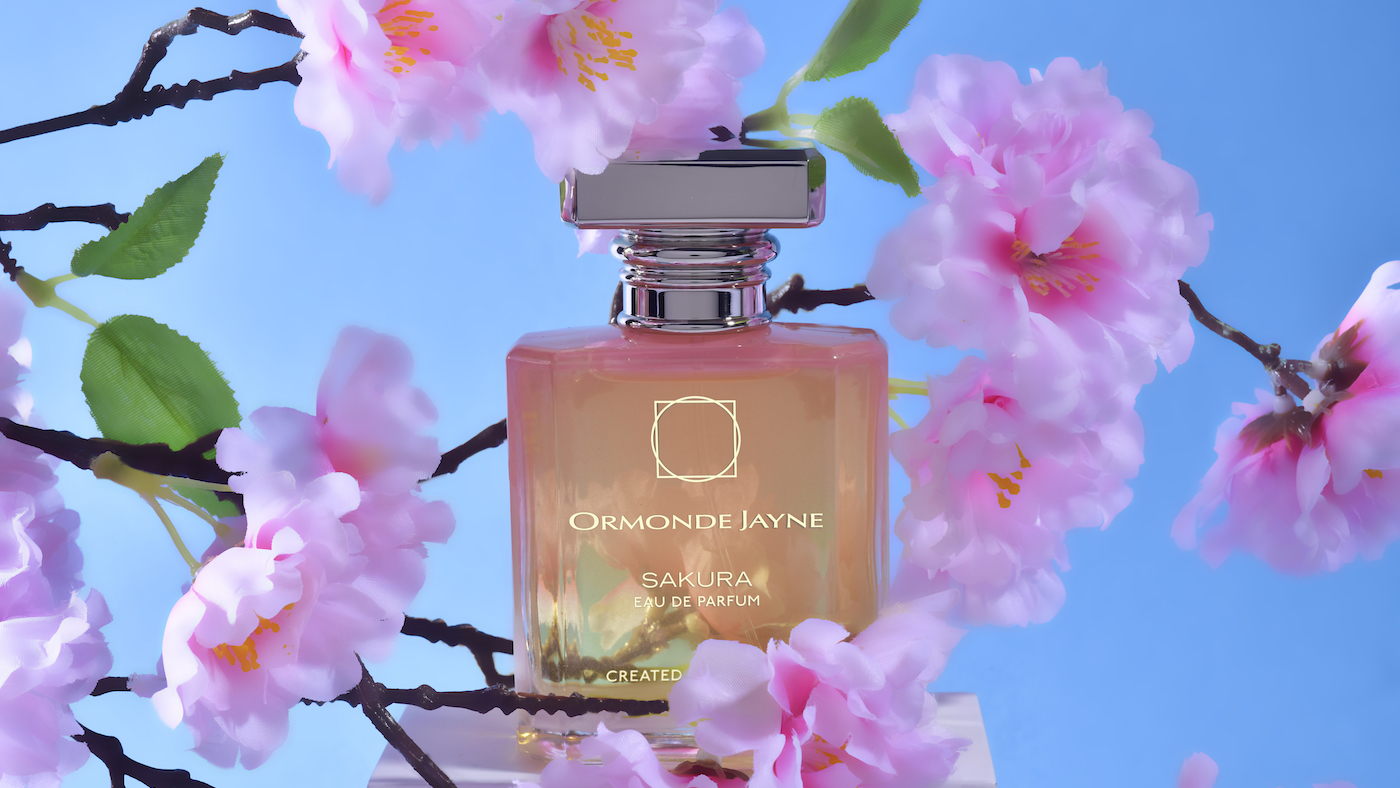
What makes an Ormonde Jayne scent?
A distinctive house style, instantly recognisable was a priority early on. The accord that we chose early on, is present in all our fragrances, with one exception, Tolu. Among perfumers, this accord is synonymous with Ormonde Jayne; just as you can always identify a Chanel or Guerlain perfume, you also know an Ormonde Jayne perfume at first sniff. Without giving too much away about the ingredients, it does include hedione, freesia and baie rose (also known as pink pepper) which is one of my favourite. The accord has an effervescent quality, so all our perfumes sing, sparkle and shine.
A free daily email with the biggest news stories of the day – and the best features from TheWeek.com
You have kept a tight rein on your business for 22 years. Have you ever been tempted to sell it?
Perfumery was still very much a male-dominated industry. Until the early 21st century fine fragrances were exclusively made by a handful of family-owned perfume houses. The role of perfumer was typically passed down from father to son or nephew. Infinite obstacles prevented independent perfumers from obtaining ingredients and creating fine fragrances. When the internet became widely available, so too did ingredients from around the world as suppliers could advertise, and perfumers like me who did not come from a long line of perfumers, could buy these rare oils. It was especially beneficial for women and today, perfumery is egalitarian and balanced; it’s no longer a traditional man’s world.
Being able to react with agility to any situation independently is imperative to the way I run Ormonde Jayne. For example, in 2005, while the luxury world was still divided into His and Hers, the time-honoured division for scent no longer made any sense. I decided to make our entire collection gender free and remove all mention of male or female. Our website reflected those changes and the categories had been removed. At that time, friends in the industry thought it was a terrible mistake, and had there been a board of investors, I’m sure it would have been vetoed. Today, that move is still seen as pivotal. Ormonde Jayne is ultimately my own responsibility, but the crucial difference is that I have an amazing team, that I can trust to support and advise who understand how to maintain the fine line between growth and staying niche. But the real reason is, after 23 years, I still enjoy it and absolutely adore coming into work every day, every Monday morning. I’m not ready to hand over the reins just yet.
Are there any restrictions that exist in perfume making?
The restrictions in the perfume industry today are publicised a couple of years in advance, so one is able to take that on board before creating any new perfume to make sure you are compliant, therefore I don’t find it a problem. If one of your chosen ingredients is on the banned list, you simply don’t go there.
What makes Ormonde Jayne a luxury product?
It all goes back to our ingredients as the oils are an exceptionally high grade, rigorously tested for purity and strength independently. With certain oils like Cambodian Oudh, it is a long and costly process, but the result is a perfume of unmistakable quality. Other ingredients that are exceptionally rare are oils like gardenia, where the flowers are grown to order and a small quantity of the absolute can take at least three years to produce.
It takes an enormous quantity of flowers to produce 500ml of an absolute, and sometimes plantations can be wiped out by adverse weather conditions beyond our control. Negative connotations exist in the luxury world: some people equate synthetic with fake. But some of our most rare and precious ingredients in our library are synthetic. It’s a word that isn’t often used in luxury, but in fine fragrance, synthetics are revered and some of the most expensive ingredients. Like a marriage, the synthetic molecules animate the natural ingredients, lifting the formula, making the perfume’s composition shine and sparkle.
The other aspect to using synthetics is environmental. Ingredients like vanilla which is also widely used in food flavouring, has created “boom and bust” economic cycles in farming communities such as those in Madagascar, exacerbated by climate change. It is all unsustainable for our long-term future. One of the positive aspects of my independent perfume house is that after two decades I understand every aspect of perfume from the growers, who I know personally, everyone from the glassblower to the independent boutique owners. I have a close relationship with everyone in the industry and I find this very rewarding. It means we know the provenance of every aspect of every perfume, and that is passed on to our customers. There is a luxury in that knowledge.
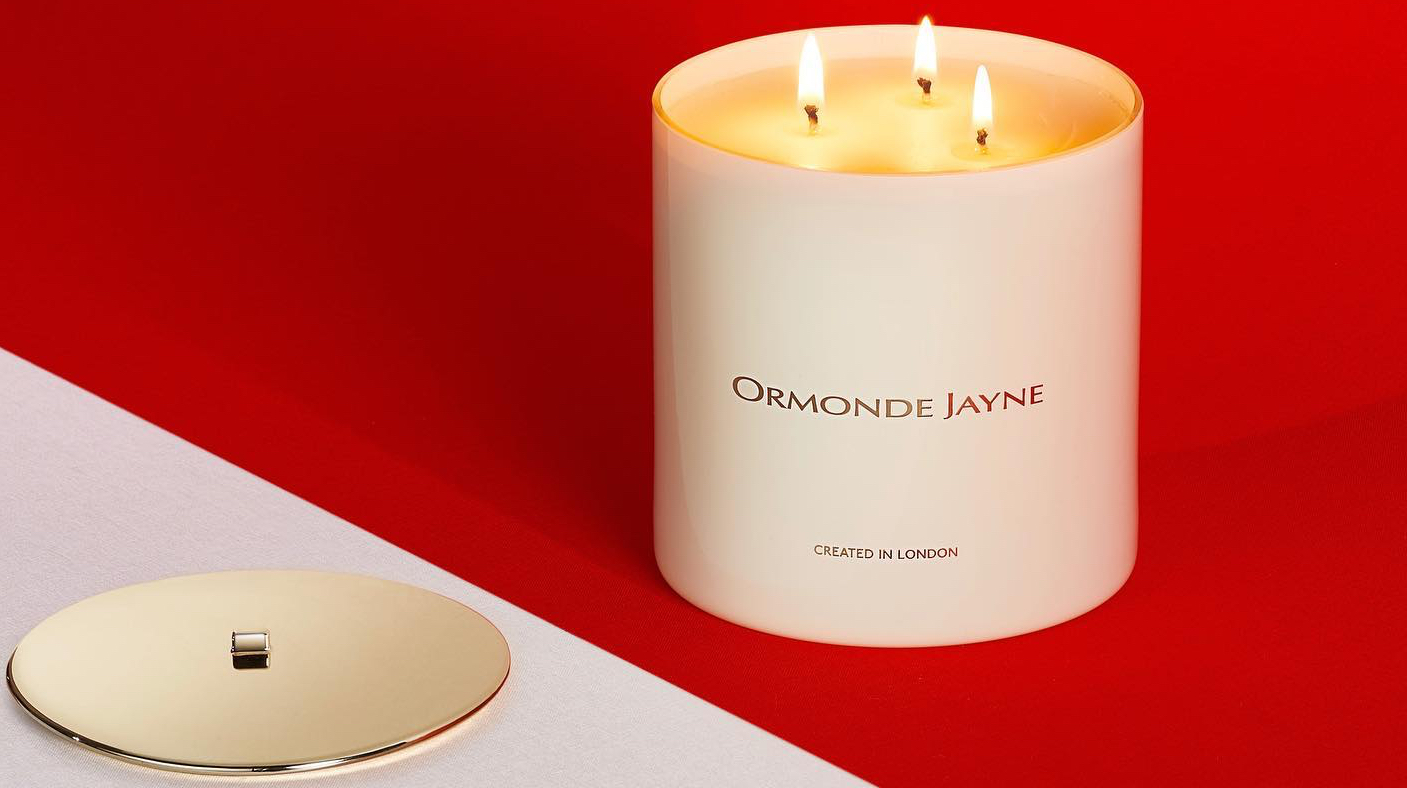
Can you describe the bottling process?
Everything has always been manufactured here in Britain throughout Ormonde Jayne’s history. Our studio space has grown throughout the 20 years and we moved into our latest space last summer, hopefully the last for a while. It’s half the size of a football pitch, with enormously high racking and a forklift truck. With more than 30 employees, the planning was done carefully with their wellbeing and requests taken into consideration. For example, the packing stations are handmade and with ergonomically adjustable tables so that the team don’t have to bend their backs while packing. We have fireproof rooms, where perfumes are left to mature and all pouring takes place in a white sterilised room. In addition, we have independent auditors who check every single aspect of our practice rigorously, our staff have to work to very specific regulations, especially when they are pouring the oils. Equally, it was just as important to make sure they have pleasant areas to relax in as well, so a lot of attention was put into that too.
Do you have a favourite scent from your own collections?
Impossible to choose just one, as I tend to choose my perfume according to my mood when I wake up. There are six on my dressing table at the moment. In 2019, London Craft Week asked a few local perfumers to create a bespoke scent for their theme of Rebels and Rogues. The Great Gatsby is one of my favourites since it channels Jay Gatsby’s obsession with power, along with his immaculate dress sense with vetiver, pink pepper and Sicilian lime. The scent also says “party time”, evoking fabulous elegant parties, sharp suited men and stylish flapper girls in backless dresses dancing to jazz. Although there were only a handful of Gatsby [scents] poured, it had some tenacious admirers asking for more. Last year, Gatsby22 launched into The Signature Collection where it’s been very well received, especially in America.
Can you reveal a few of your famous customers?
Courtney Love, Emma Thompson, Goldie Hawn, Bryan Ferry, Sophie Dahl and Yasmin Le Bon are regular customers.
Would you say you have a love of exploration and travel, as well as perfumery?
Growing up in a small village in Cheshire is a recipe for chronic wanderlust. After finishing school, I lived and worked in many different countries spanning South America, southern Africa, the Middle East and across Europe – and that period is still a big influence. Travel is the heart of our fragrance repertoire, and great epic voyages provide endless inspiration in all collections which are The Signature Collection, the Four Corners of the Earth, and La Route de la Soie. Our fragrance formulas are also very relevant and cohesive, blending flowers with their native environment. Champaca is a tiny orange flower from India, and our perfume uses tea notes and basmati rice, as this beautiful welcoming aroma greets you everywhere in India. London is at the heart of our fragrance collections, and its immense diversity on our doorstep. You hear and see endless languages and cultures from every corner of the planet in our capital, it’s a hub of creativity with travel at its core.
Why did you open a shop where you did, in London's oldest arcade?
After registering Ormonde Jayne at Companies House in 2001, orders to create bespoke candles flooded in through word of mouth very quickly from Burberry, The Conran Shop and Blakes Hotel. It was like going from zero to 60mph in a few seconds, but it also took a huge amount of organisation and time. Walking through The Royal Arcade on my way to deliver some candles to Chanel one day, I spied a new “for rent” sign at Number 12. It was a lightbulb moment. The tenant was keen to move as quickly as possible, and I opened the doors to the public just six weeks after spotting the sign. The prestigious location and being able to continue manufacturing independently motivated my very steep learning curve in all matters retail.
Alexandra Zagalsky is a London-based journalist specialising in luxury, art and travel. She began her career working on a cultural guide for English-speaking expats in Paris, where her first major break was an interview with Lionel Poilâne, the late baker of Saint-Germain-des-Prés famed for his signature sourdough loaves. Returning to London in her early 20s, she went on to write for not only The Week but also The Art Newspaper’s Art of Luxury supplement, The Telegraph and The Times, as well as art and design platforms including 1stDibs’ Introspective Magazine and the magazines of the V&A, Sotheby’s and Christie’s. She studied fine art and art history at Goldsmiths, University of London and continues to explore travel journalism through the lens of art, craftsmanship and culture.
-
 The ‘ravenous’ demand for Cornish minerals
The ‘ravenous’ demand for Cornish mineralsUnder the Radar Growing need for critical minerals to power tech has intensified ‘appetite’ for lithium, which could be a ‘huge boon’ for local economy
-
 Why are election experts taking Trump’s midterm threats seriously?
Why are election experts taking Trump’s midterm threats seriously?IN THE SPOTLIGHT As the president muses about polling place deployments and a centralized electoral system aimed at one-party control, lawmakers are taking this administration at its word
-
 ‘Restaurateurs have become millionaires’
‘Restaurateurs have become millionaires’Instant Opinion Opinion, comment and editorials of the day
-
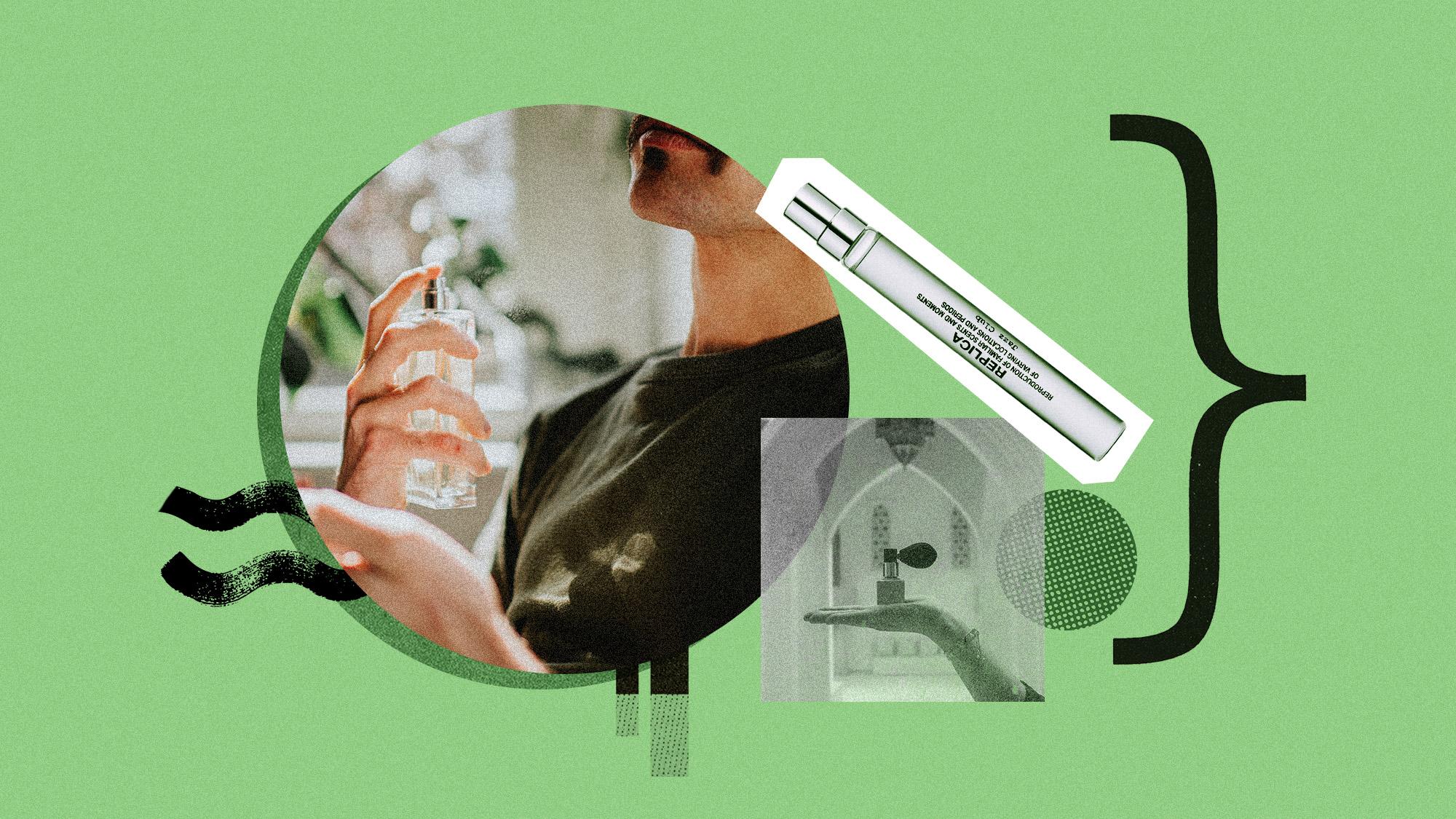 7 travel fragrances that let you smell good on the go
7 travel fragrances that let you smell good on the goThe Week Recommends Spritz away!
-
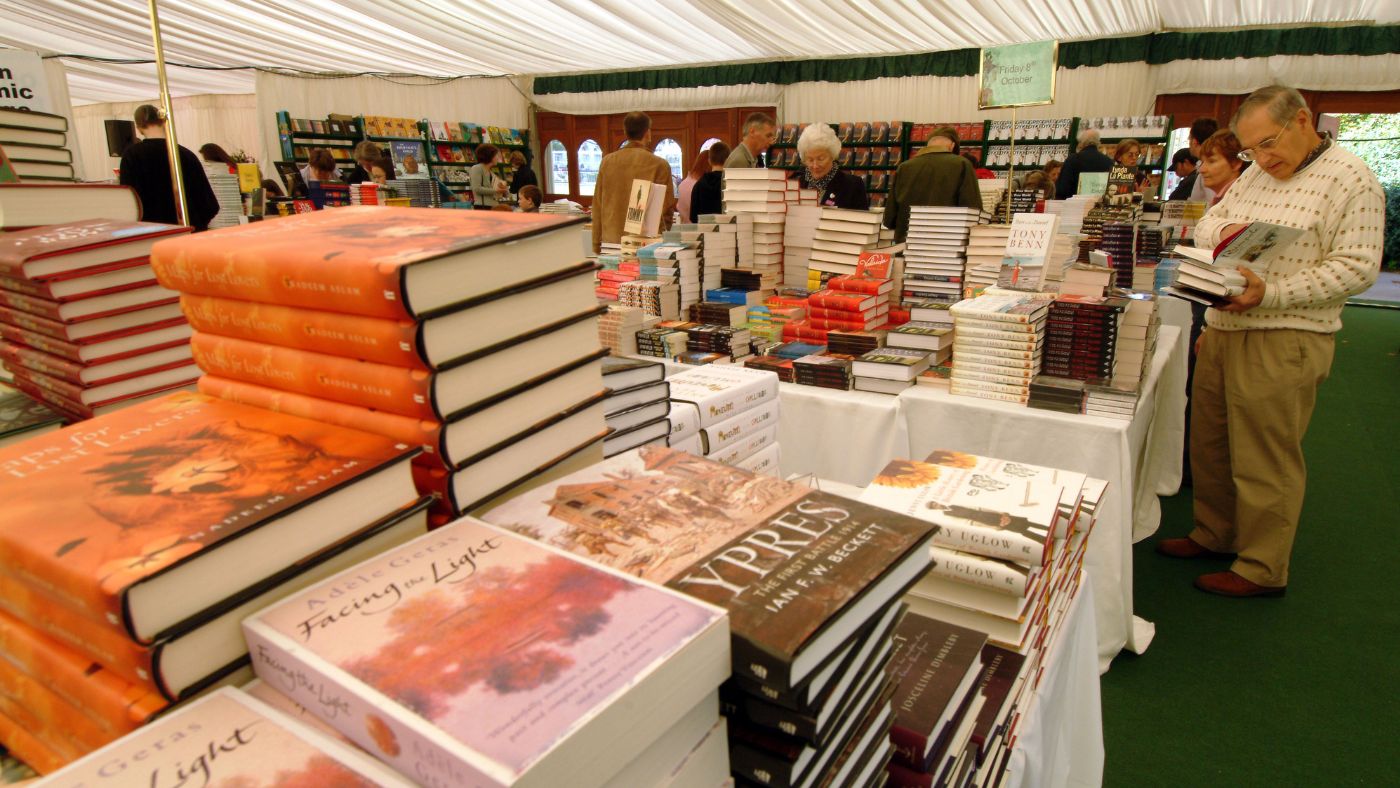 Best UK literary festivals and book fairs in 2023
Best UK literary festivals and book fairs in 2023feature A look at some the biggest events for book lovers in Britain in 2023
-
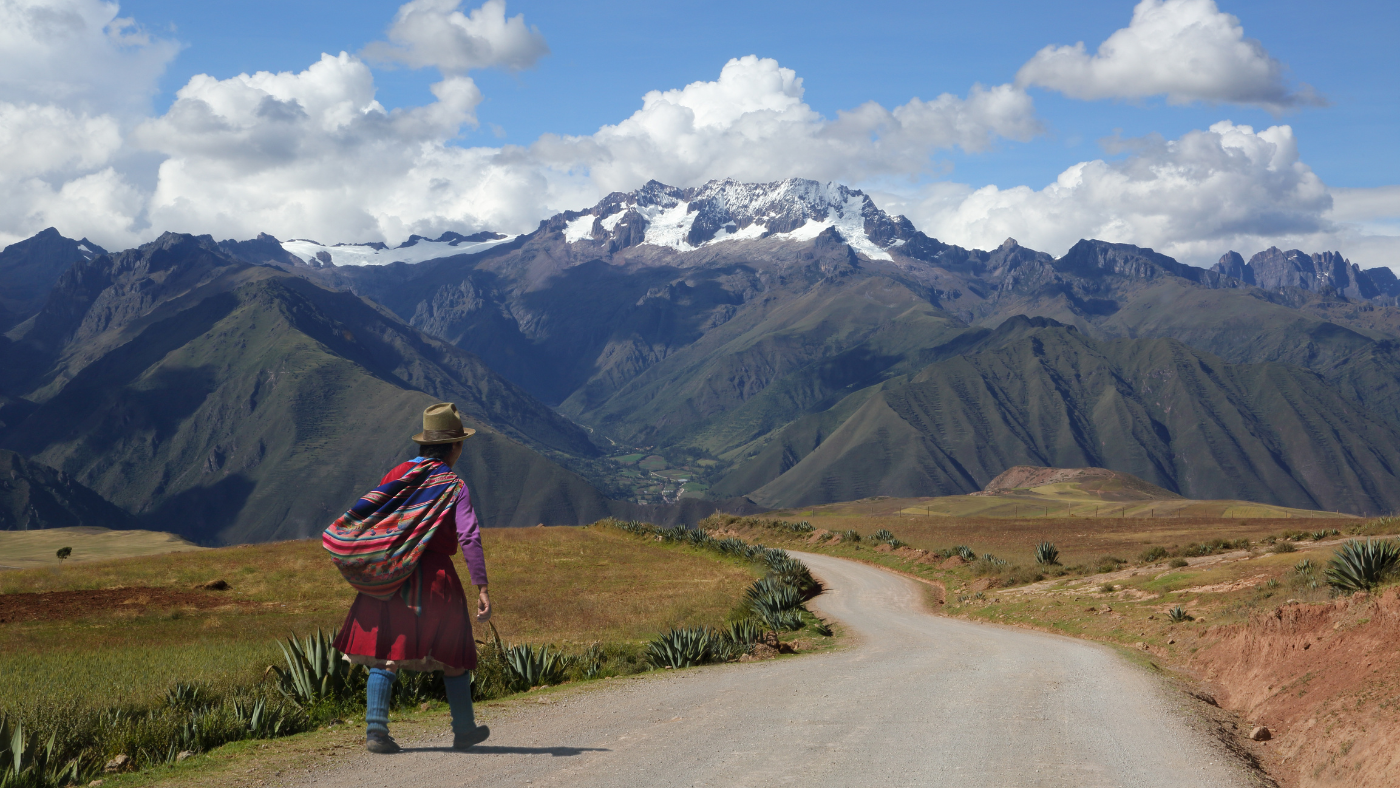 Fabulous foodie adventures in Peru, Japan and Australia
Fabulous foodie adventures in Peru, Japan and Australiafeature Featuring a Peruvian pilgrimage and foraging in the Volcanic Lakes and Plains
-
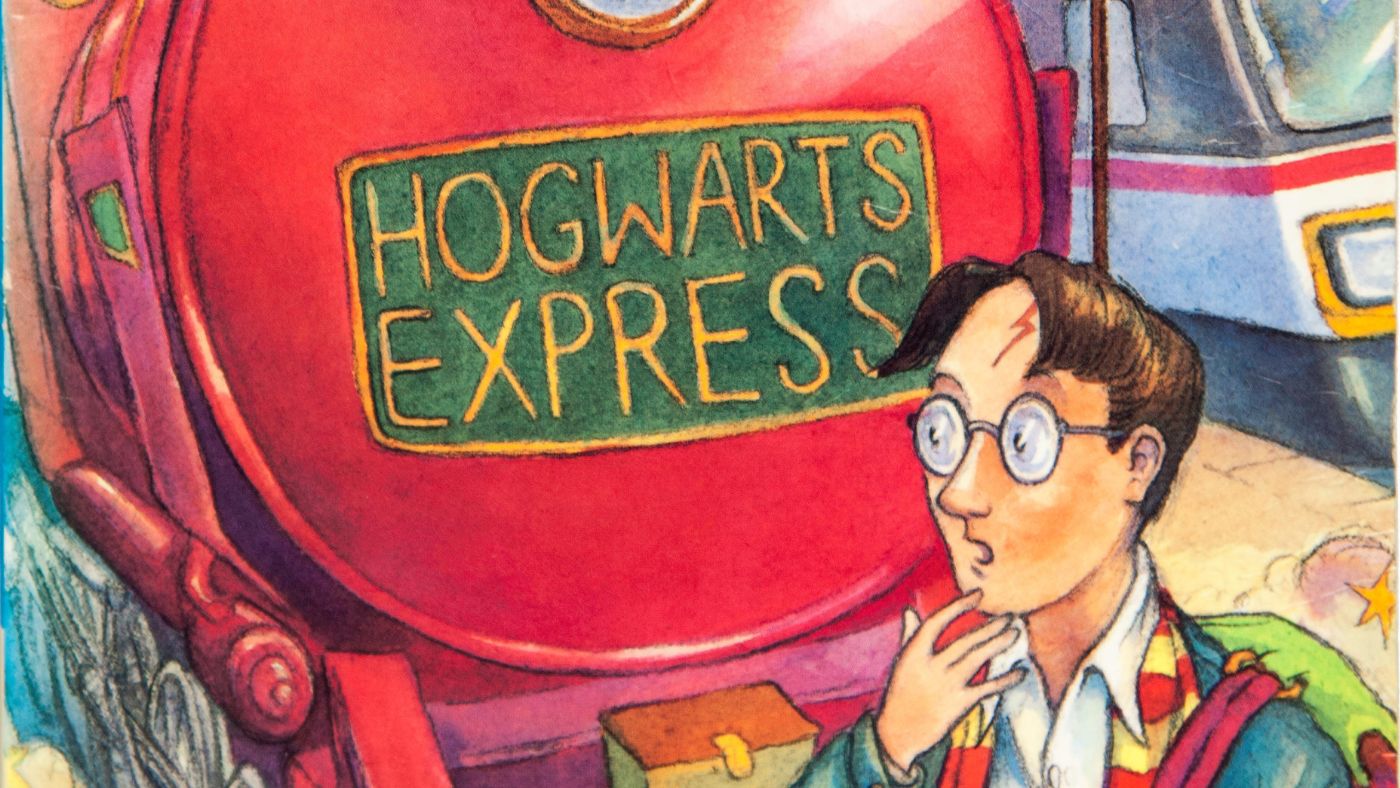 Top 10 best debut novels of all time
Top 10 best debut novels of all timefeature Harry Potter and the Philosopher’s Stone took top spot in a poll of British literary lovers
-
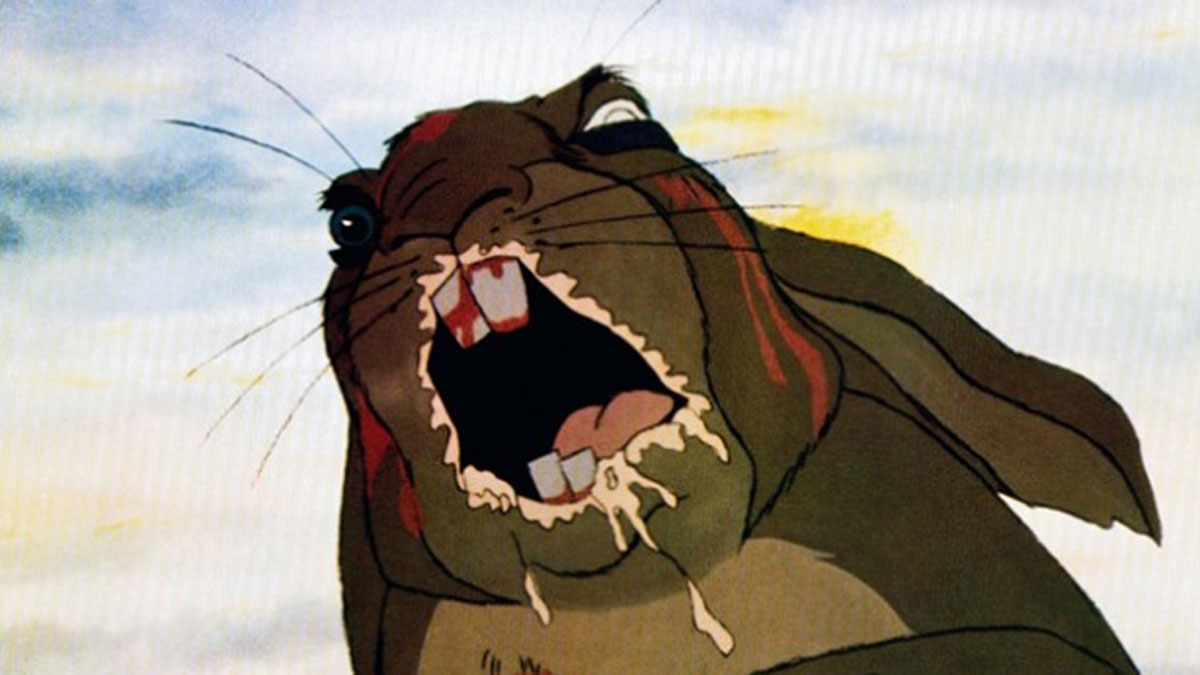 Watership Down: disturbing children’s film finally loses its U rating
Watership Down: disturbing children’s film finally loses its U ratingfeature The 1978 adaptation of Richard Adams’s novel no longer feels ‘suitable for all’
-
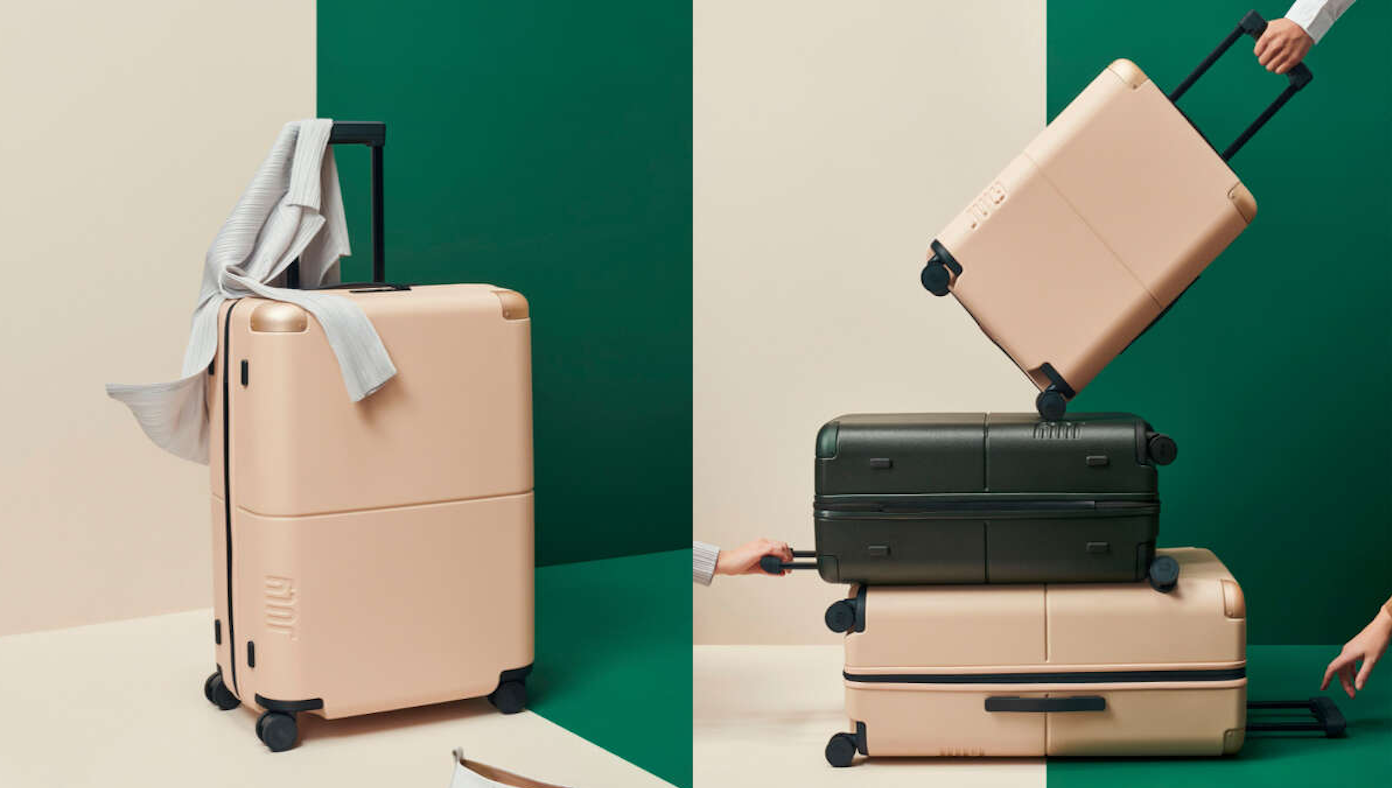 How to pack efficiently and save on airfares
How to pack efficiently and save on airfaresfeature Travel tips and hacks for making the most of a bargain flight
-
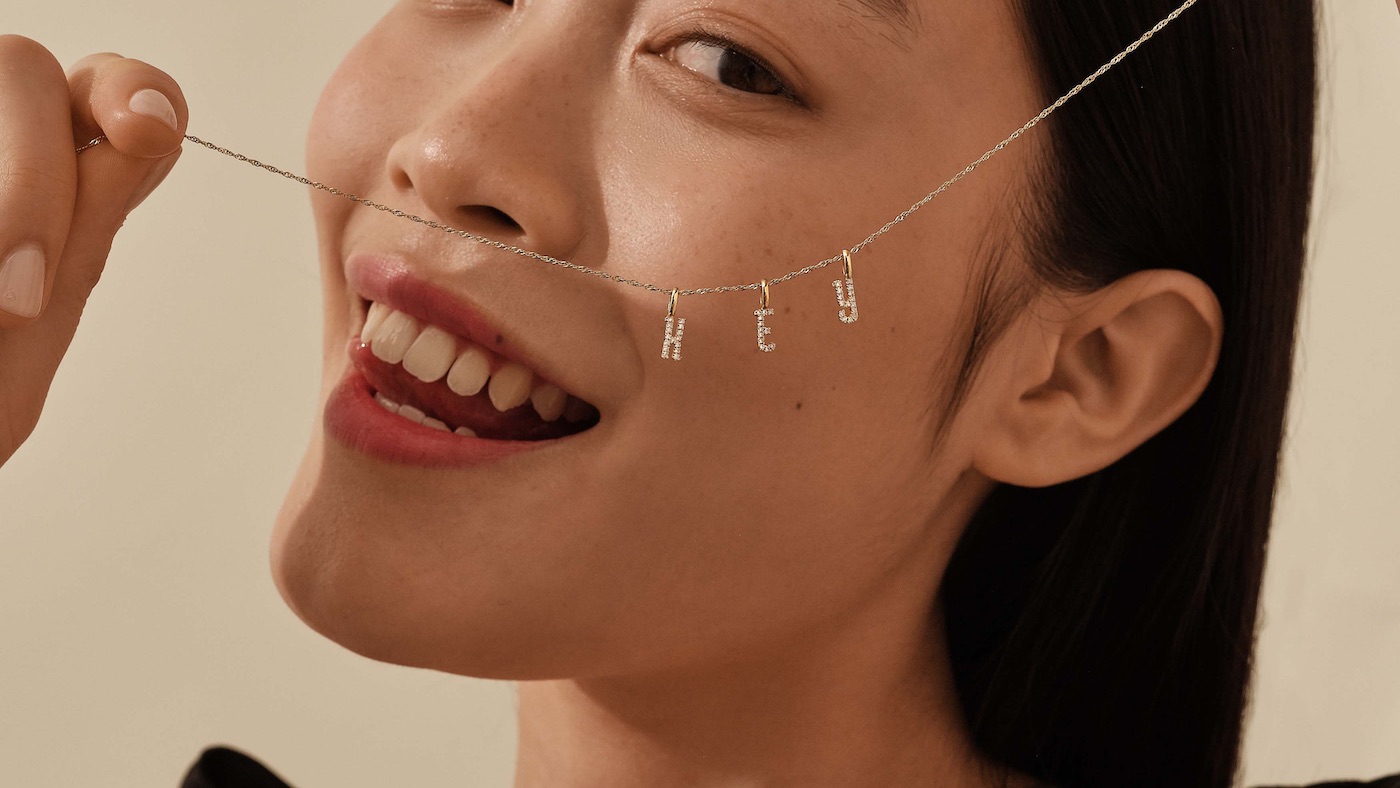 Edge of Ember: affordable fine jewellery for classicists
Edge of Ember: affordable fine jewellery for classicistsfeature London-based brand has gone from strength to strength with its youthful and elegant designs
-
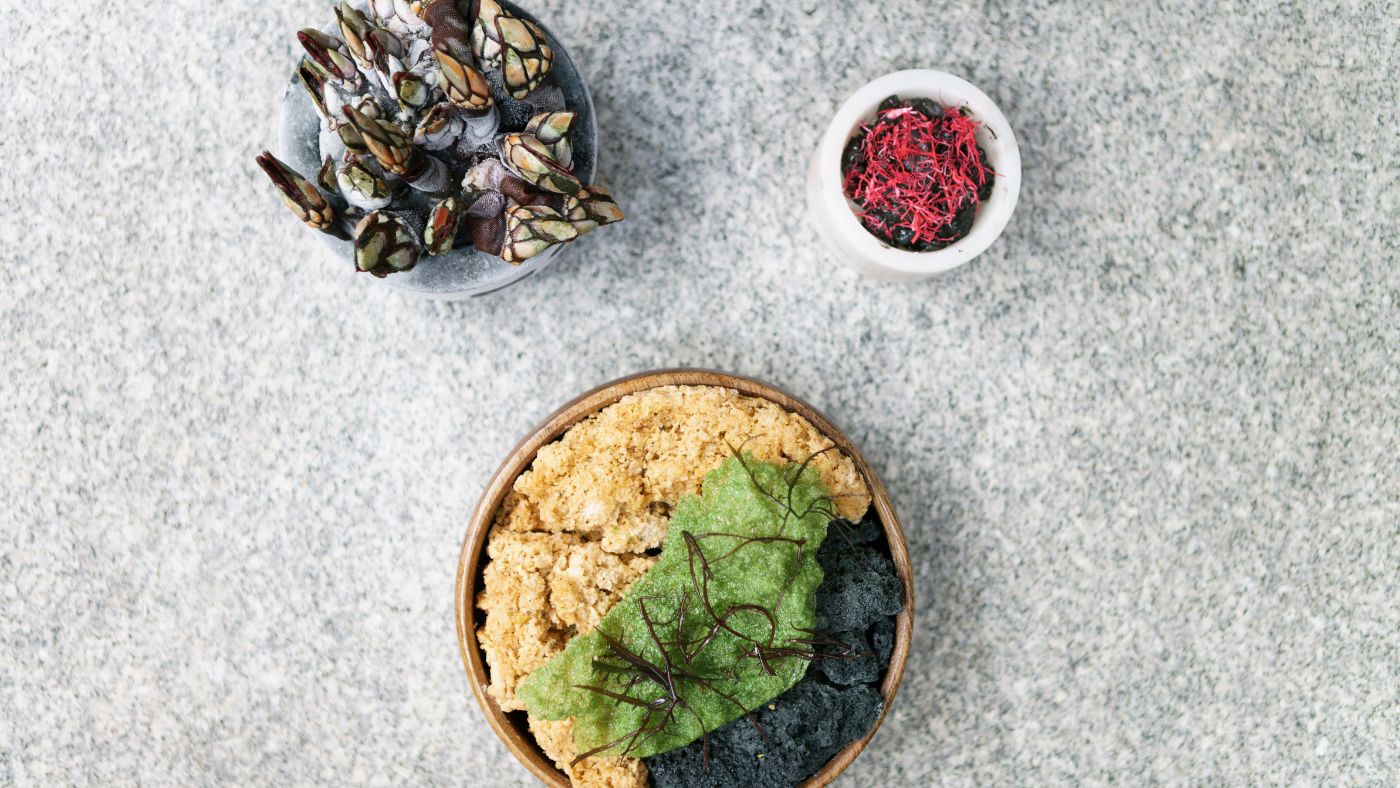 ‘Pinnacle of gastronomy’: how Central became the world’s best restaurant in 2023
‘Pinnacle of gastronomy’: how Central became the world’s best restaurant in 2023feature Flagship Lima restaurant of chefs Virgilio Martínez and Pía León is an ‘ode to Peru’